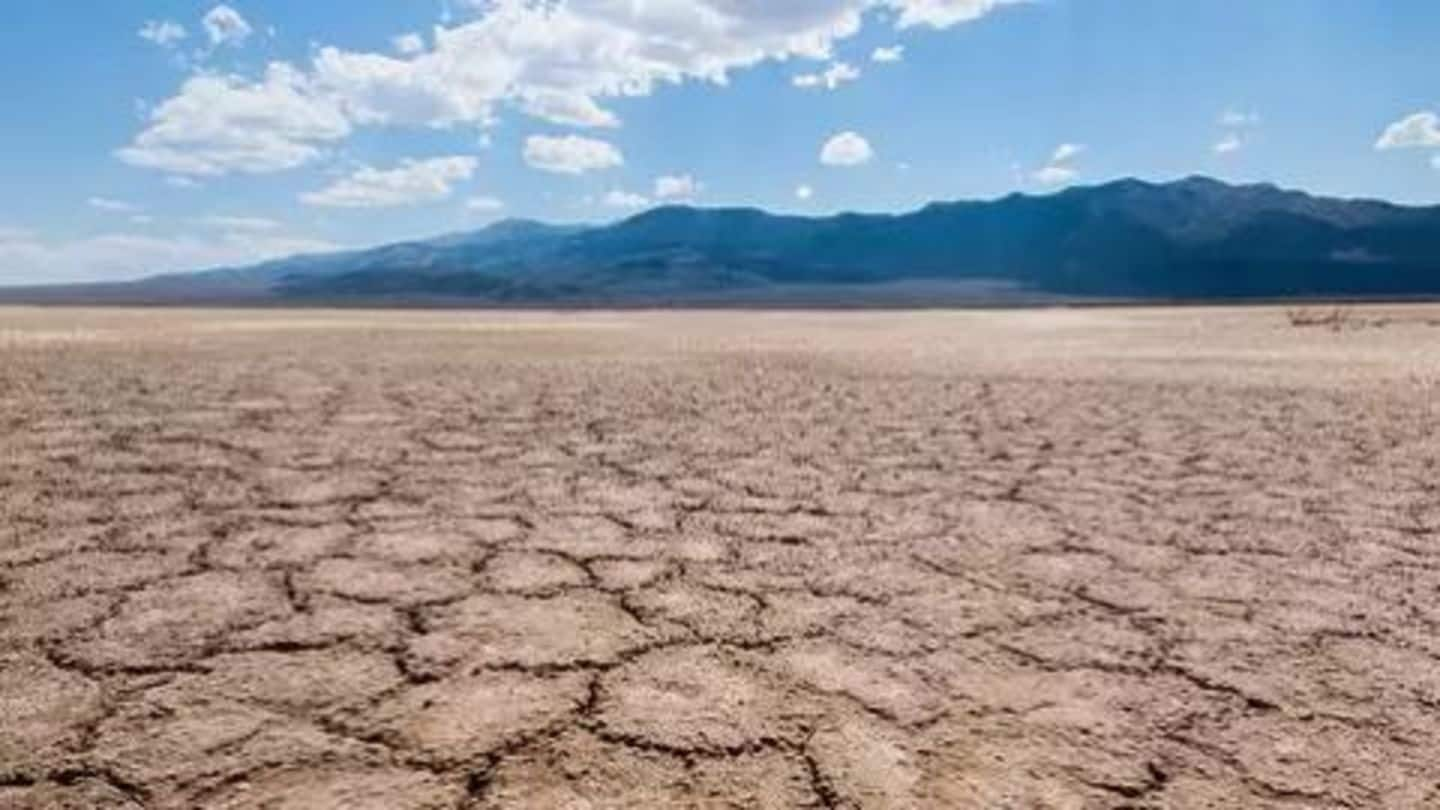
4 in 5 Indians face severe water scarcity
What's the story
According to a study published in the Science Advances Journal, around 1 billion people in India suffer from severe water scarcity for at least 1 month a year.
In all, about 4 billion people suffer from severe water scarcity of which half live in India (1 billion) and China (0.9 billion).
The study calls for proper water scarcity assessment for developing adequate response strategies.
Water Scarcity
How is water scarcity defined?
According to the study, water scarcity is defined as the ratio of the blue water consumption to total water availability.
For instance, for calculating the blue water consumption of crop production, data on growing period, estimated irrigation requirement and actual irrigation were used.
It was calculated for each month of the year and accordingly the areas were classified as low, moderate, significant and severe.
Personal
Previous efforts underestimated water scarcity
The study claims that previous studies have underestimated water scarcity and the number of people affected, because they had used large geographical units and took a longer time period of a year rather than a month for assessment.
India
Water scarcity in India
180 million people in India face severe water scarcity throughout the year especially in Rajasthan, Telangana, Gujarat, Andhra Pradesh, Karnataka and Haryana.
Experts say that in certain areas like the Ganga basin, water is being used in a "countercyclical" manner- maximum usage when availability is least.
Small scale farmers tend to get the least amount of water and at a much higher cost.
World
Water scarcity in other countries
Apart from India and China, 130 million people in the US, especially in the western state of California, and southern states of Texas and Florida suffer from water scarcity.
Bangladesh (130 million people), Pakistan (120 million), Nigeria (110 million) and Mexico (90 million) are some other major nations suffering from water scarcity.
In Saudi Arabia and Yemen, the entire population is extremely vulnerable.
Measures
Conserving water through efficient usage
The study suggests that limiting water consumption in river basins, promoting greater water usage efficiencies, and improved sharing of freshwater resources will be vital in tackling issues of water scarcity.
It also called for enhancing water productivity in crop production, improving productivity of rain-fed agriculture, and reducing non-productive evaporation.
For industries, it suggested assessment and disclosure of information on water footprints along the value-chain.